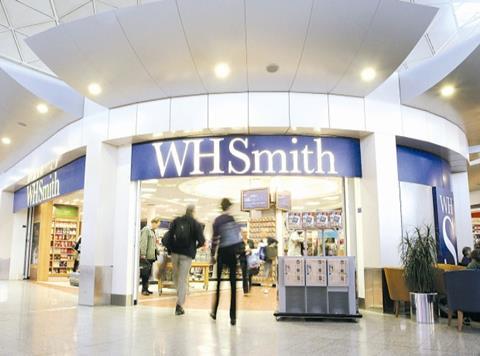
The closure of major transport hub stores due to travel restrictions resulting from the coronavirus lockdown caused sales at WH Smith’s travel arm to collapse by more than 90% in April (The Daily Mail). WH Smith is hoping for a revival in trade at its airport and railway station shops from this autumn after coronavirus lockdowns and travel restrictions prompted an 85% fall in company-wide sales in April (The Guardian). Sales at WH Smith fell by 85% last month as travel restrictions decimated its airport and railways business and the lockdown led to the closure of most of its high-street shops (The Times £).
WH Smith is to start reopening more stores after revenues plunged last month during lockdown (The Telegraph). The retailer saw sales collapse in its high street and travel-based stores but said its online business had performed strongly (Sky News).
The next chapter for WH Smith may become its final one, writes Ben Marlow in The Telegraph. After its high street struggles, the bookseller targeted airports, a move that seemed novel at the time, but is now a sorry tale. (The Telegraph)
Sainsbury’s is taking a bicycle delivery service to 20 cities across the UK in its latest effort to extend grocery home delivery during the coronavirus outbreak. (The Guardian)
With a collapse in demand as well as in oil markets, and the closure of the high street under lockdown, consumer price inflation is decelerating. But there’s a notable exception within this aggregate figure. Food price inflation is accelerating. (The Times £)
The decline in the sandwich market shocked Jefferies, the US investment bank, and it cut another 20% from its forecasts for Greencore. (The Times £)
Marks & Spencer has launched a huge half-price clothing sale as the high street shutdown leaves retailers with mountains of unsold spring and summer fashion. (The Guardian)
More than a third of manufacturers believe it will take more than a year to return to normal trading as a result of the pandemic - double the number of two weeks ago, an industry survey has found. (Sky News)
After two months of heavy disruption, the state of emergency at ecommerce giant Amazon is drawing to an end. However, scrutiny over how it handled the crisis is only just beginning, with politicians demanding more accountability and transparency. (The Financial Times £)
While authorities on both sides of the Atlantic are beginning to loosen lockdowns, companies at the sharp end of dealing with the public know it will take more than changes in government advice to get business going again. Consumers have been told for weeks it is safer not to leave the house — making them fearful about everyday activities. (The Financial Times £)







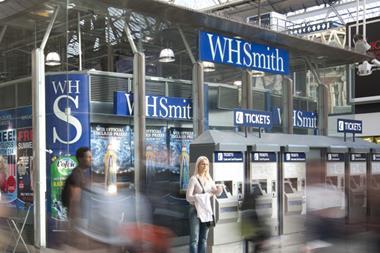
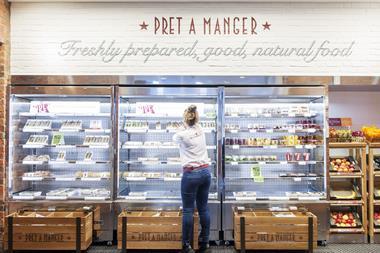
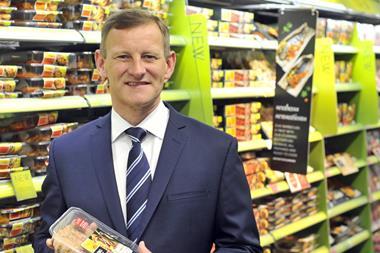

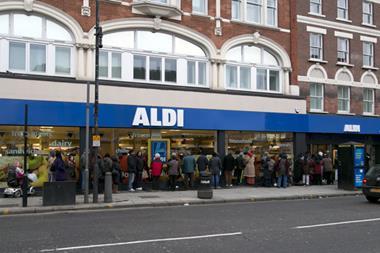
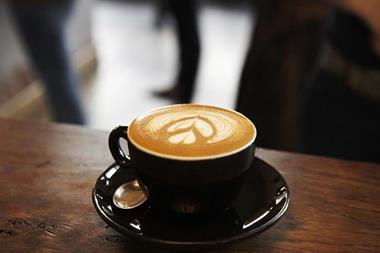
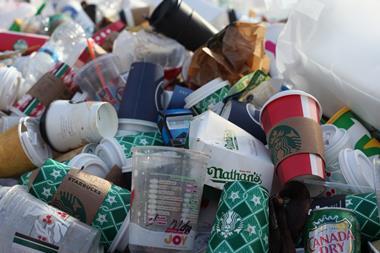
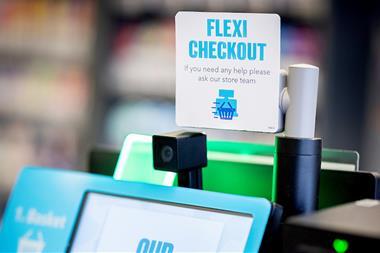




No comments yet